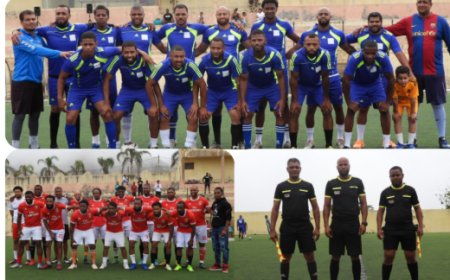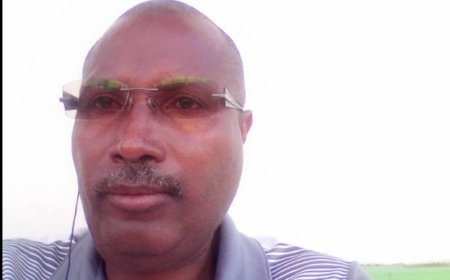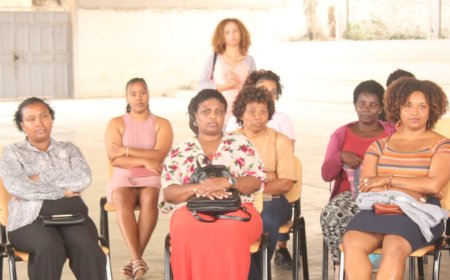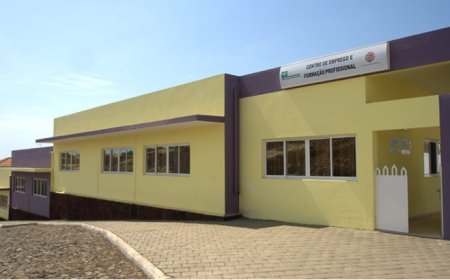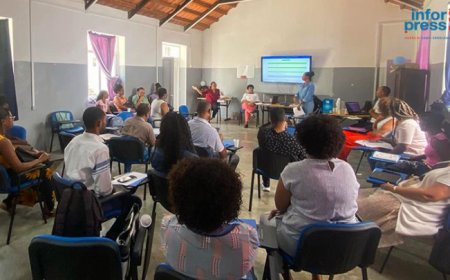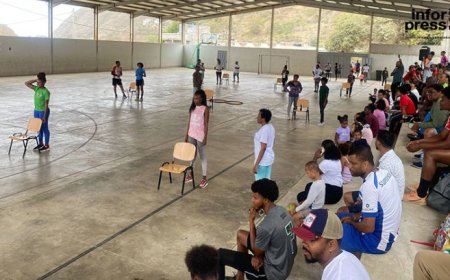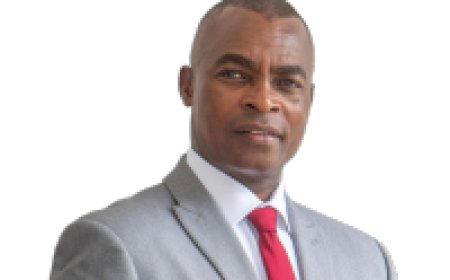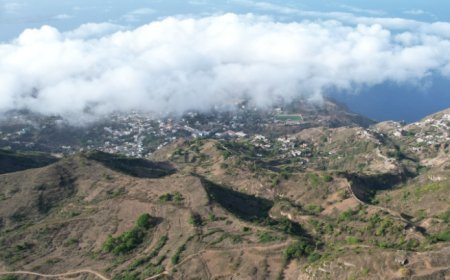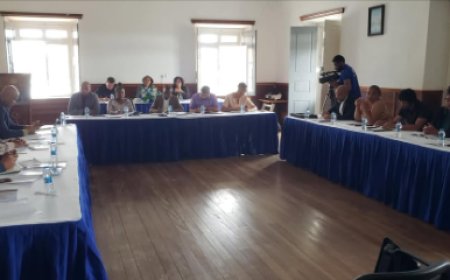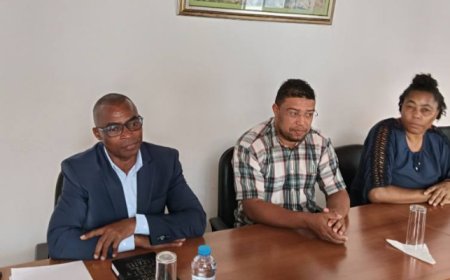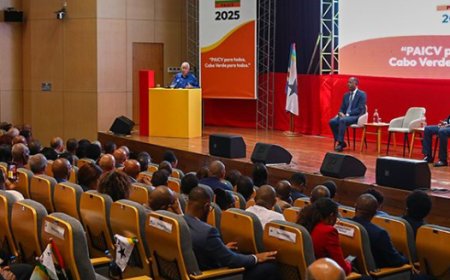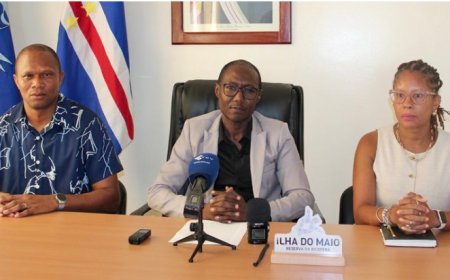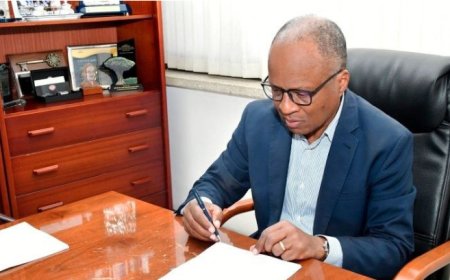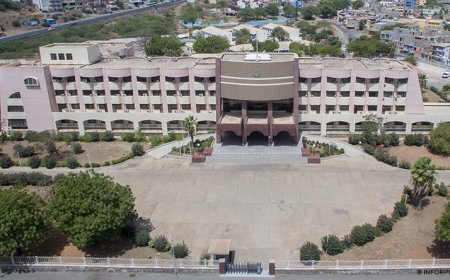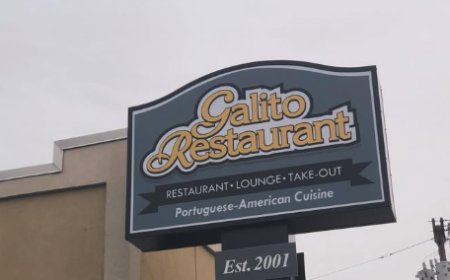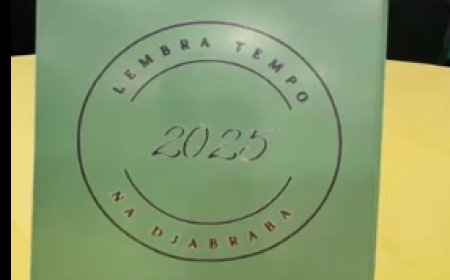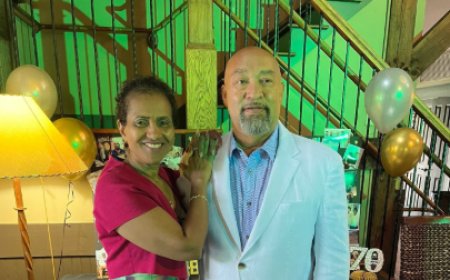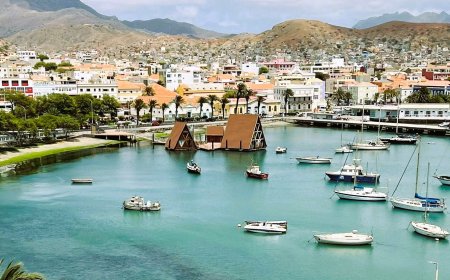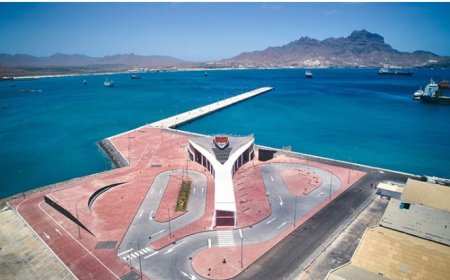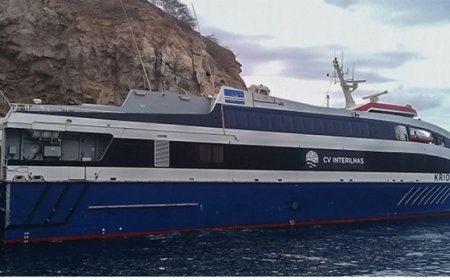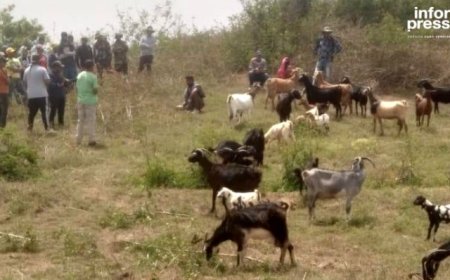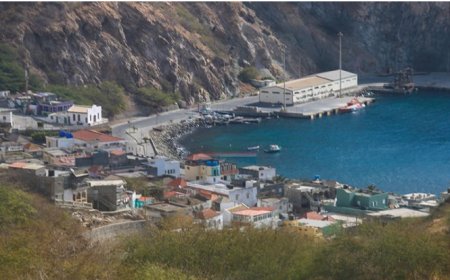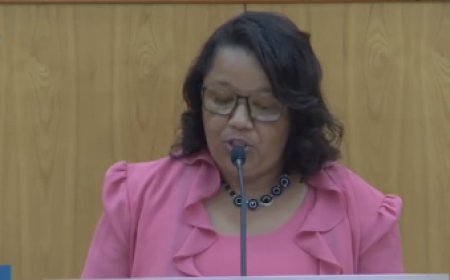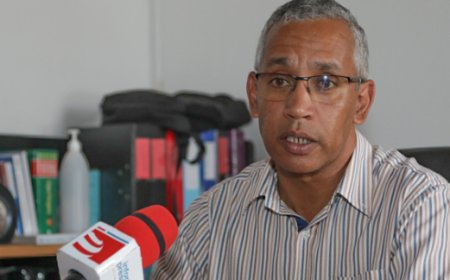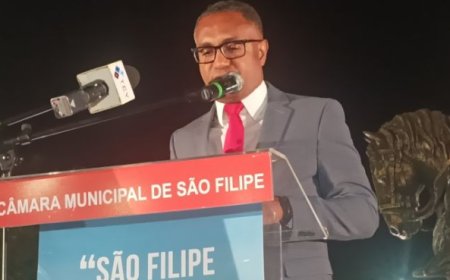Despite the challenges, Cape Verde's objective is to achieve development and high income – Prime Minister
The prime minister said today that Cape Verde, as a small island state and graduated to middle income, has economic, social and environmental challenges, but stressed that the objective is to achieve development and high income.
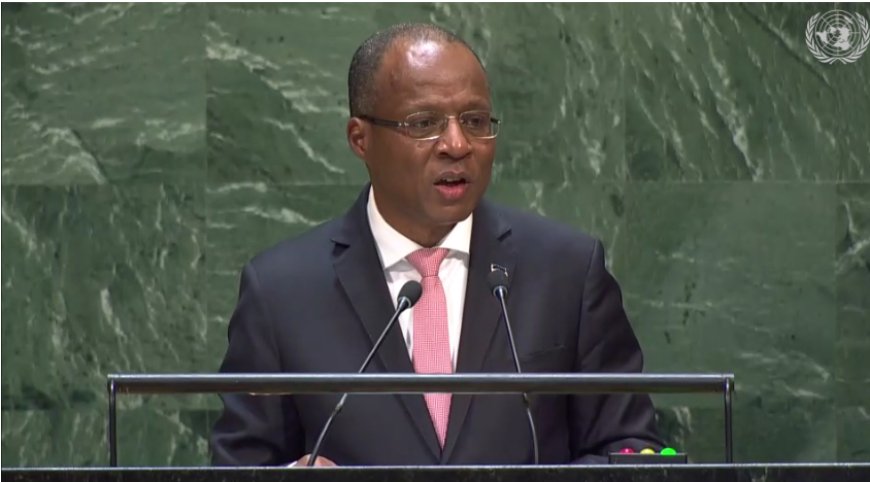
The prime minister said today that Cape Verde, as a small island state and graduated to middle income, has economic, social and environmental challenges, but stressed that the objective is to achieve development and high income.
Ulisses Correia e Silva spoke during the general debate of the 74th session of the General Assembly of the United Nations, which takes place in New York, and whose theme was “Dynamizing multilateral efforts for the eradication of poverty, quality education, action against climate change and inclusion”.
“We have the development challenges facing small island developing states, middle-income graduates. The objective is not to leave the stage of a less advanced country to stay in the stage of a Middle Income Country with more penalizing financing and cooperation conditions. The aim is to achieve development and high income”, he said.
In this sense, the head of the Cape Verdean Government argued that it is necessary that the transition process has development as its goal and that the financing mechanisms and conditions are coherent and consistent to achieve this.
“The review of the Samoa Pathway is an opportunity to accelerate actions that can support island countries to develop their economic competitiveness, promote social inclusion, create resilience in relation to their exposure to climate change and other extreme events, as well as to access funding in a judicious and sustainable way”, he considered.
Ulisses Correia e Silva recalled that Cape Verde has already shown alignment, commitment and credibility with the great ideals of the United Nations and indicated that the country is making every effort to implement the 17 objectives and targets of the 2030 agenda.
“We want even greater commitment to reach the development stage, which is the point of arrival that we aspire to”, he said, stressing that there is work in progress, with the participation of the government, companies, civil society organizations and the international partners.
However, he underlined that for the United Nations, which in 2020 will celebrate its 75th anniversary, as well as for each country in particular, this is a great moment to accelerate actions towards the achievement of the SDGs, without effectively leaving anyone behind.
“Time is pressing for concrete actions to reverse the direction and depth of climate change. Time is short for the implementation of effective responses to the problem of poverty and its consequences. Time is running out to assume commitments to peace. This generation of politicians does not have all the time in the world ahead of them, and they have an account to render to humanity”, he warned.
In this regard, he indicated that Cape Verde is implementing its Strategic Plan for Sustainable Development (PEDS) fully aligned with the 2030 Agenda and that the country has adopted the mainstreaming of the gender equality and equity approach in the planning system, in the State budget and public policy.
He also spoke of measures to guarantee the right to education for all through the universalization and subsidization of pre-school education, free access, investments made in terms of social protection and care aimed at the most vulnerable segments of society such as children, elderly and people with disabilities.
Ulisses Correia e Silva also highlighted the autonomy and self-sufficiency of families through policies that promote job creation, entrepreneurship and productive inclusion.
He spoke of the implementation of the water and energy transition strategy with the aim of reducing dependence on rainwater, reducing dependence on fossil fuels and improving the economic conditions of access to water and energy by the population.
“We introduced the first seawater desalination plant 50 years ago. Today, 70 percent (%) of Cape Verde's population uses desalinated water for consumption. In the coming years, with ongoing investments, we will reach 90%”, he said, also pointing to strategies to diversify water sources for agriculture using desalination, reuse of wastewater and mass drip irrigation, associated with renewable energies. .
The Prime Minister took the opportunity to once again express his desire to position Cape Verde as a useful interlocutor in the concert of nations and as a credible ally for cooperative security in the face of transnational crime such as drug trafficking, human trafficking and terrorism .
During his speech, he also welcomed the election of Professor Tijjani Muhammad-Bande, from Nigeria, to the presidency of the 74th session and the approval of a Resolution on cooperation with the Community of Portuguese Speaking Countries (CPLP).







